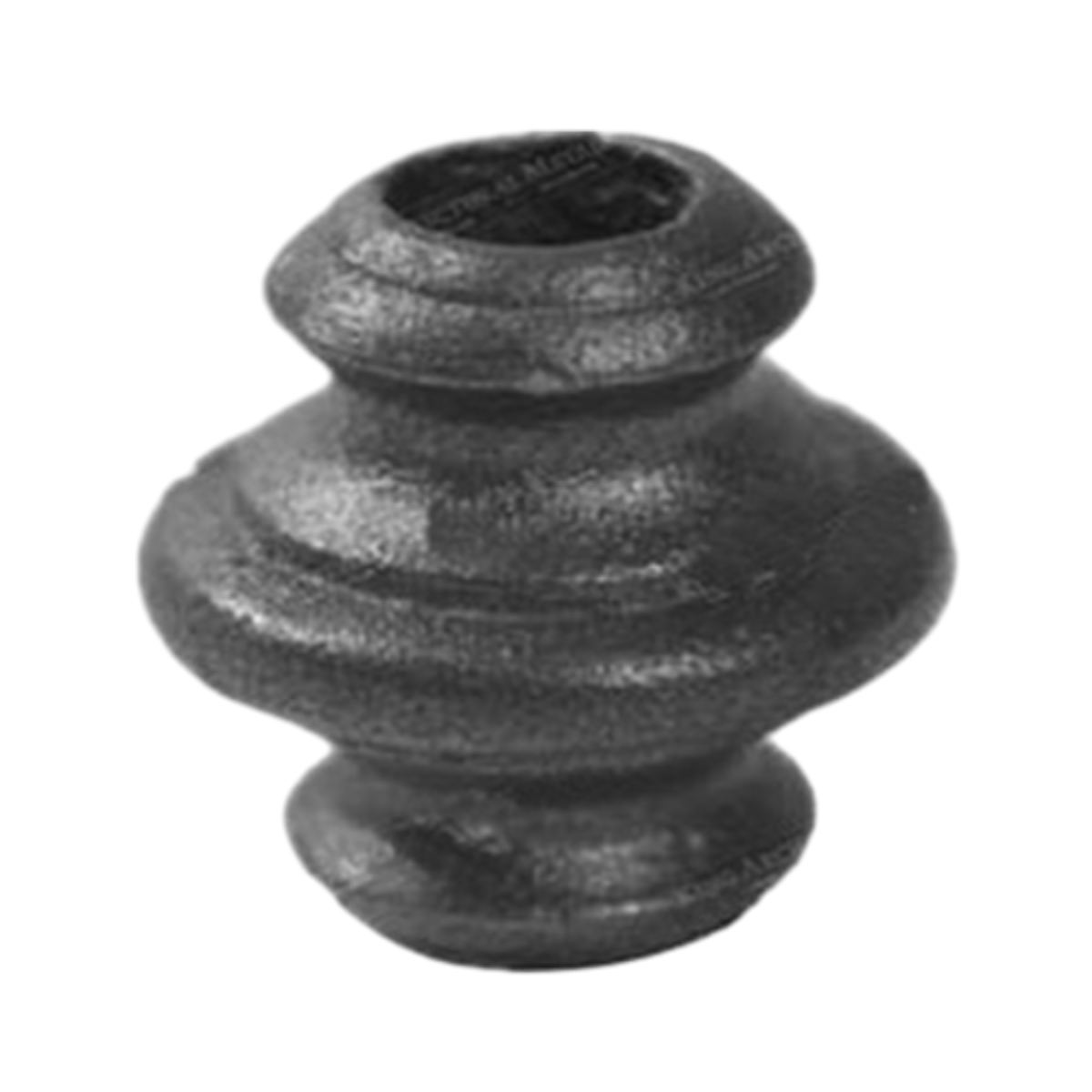Decorative Steel Designs for Modern Architecture and Artistry in Home Decor
The Allure of Ornamental Steel in Modern Design
Ornamental steel has surged in popularity over the past few years, becoming a staple in both residential and commercial architecture. Characterized by its intricate designs and robust durability, ornamental steel offers a unique blend of aesthetic appeal and functional strength. This material is not just a practical choice; it embodies a creative versatility that has captivated designers and homeowners alike.
Historically, ornamental steel has its roots in the Industrial Revolution, where ironwork was used extensively for railings, gates, and architectural embellishments. As craftsmanship evolved, so did the design capabilities of steel. Today, with advancements in technology and fabrication methods, ornamental steel can be transformed into astonishing shapes and patterns that cater to modern tastes. From elaborate railings to striking sculptures, the possibilities are limitless.
One of the primary advantages of ornamental steel is its durability. Unlike other materials, such as wood or plastic, steel is resistant to the elements—making it an excellent choice for outdoor applications. Railings, gates, and balconies crafted from ornamental steel can withstand harsh weather conditions without compromising their aesthetic integrity. Moreover, steel is known for its security features. Homeowners looking for fence designs that offer both beauty and safety will find ornamental steel fencing to be an ideal solution.
Aesthetic versatility is another standout feature of ornamental steel
. This material can be finished in various ways it can be coated with powder for a sleek, modern finish, or it can be left raw for an industrial, rustic charm. The ability to mix and match different finishes allows designers to create cohesive looks that align with specific architectural styles. Whether the project calls for an elegant wrought-iron appearance or a more contemporary stainless-steel aesthetic, ornamental steel can fulfill these design requirements seamlessly.ornamental steel

Sustainability is becoming a significant trend in contemporary design, and ornamental steel has a notable advantage in this regard. Steel is one of the most recycled materials globally, and its production consumes less energy per ton than other metals. When homeowners or builders choose ornamental steel, they are not only investing in a long-lasting product but also supporting sustainable practices. This conscious choice appeals particularly to environmentally-aware consumers who are striving to minimize their carbon footprint.
Incorporating ornamental steel into interior spaces is also gaining traction. Designers are exploring ways to utilize steel as both structural components and decorative features. For example, steel beams can be exposed to create an industrial vibe, while decorative steel panels can serve as stunning room dividers. This material can add an element of sophistication, serving to contrast softer materials like wood and fabric, thereby creating a balanced ambiance.
Another exciting trend is the combination of ornamental steel with other elements. Mixing materials can yield fascinating results; for instance, pairing ornamental steel with glass creates a sense of openness while retaining the structural integrity of steel. This combination is often seen in modern staircases and railings, allowing light to flow freely while providing safety and artistic flair.
In commercial settings, ornamental steel is utilized to provide branding opportunities and enhance visual appeal. Businesses can customize decorative steel elements to reflect their brand’s identity, creating a cohesive look that attracts customers. Restaurants often employ ornamental steel for features like outdoor dining structures, adding class and charm while ensuring durability.
In conclusion, ornamental steel is more than just a functional building material; it represents a harmonious blend of art and engineering. Its strength, versatility, and aesthetic potential make it a favorite among architects and designers, while its sustainability aspect appeals to environmentally-conscious consumers. As we move forward, the use of ornamental steel will likely continue to evolve, paving the way for innovative designs that celebrate both beauty and functionality. Whether in residential or commercial applications, ornamental steel will undoubtedly remain a defining feature of modern architecture.
-
Wrought Iron Components: Timeless Elegance and Structural StrengthNewsJul.28,2025
-
Window Hardware Essentials: Rollers, Handles, and Locking SolutionsNewsJul.28,2025
-
Small Agricultural Processing Machines: Corn Threshers, Cassava Chippers, Grain Peelers & Chaff CuttersNewsJul.28,2025
-
Sliding Rollers: Smooth, Silent, and Built to LastNewsJul.28,2025
-
Cast Iron Stoves: Timeless Heating with Modern EfficiencyNewsJul.28,2025
-
Cast Iron Pipe and Fitting: Durable, Fire-Resistant Solutions for Plumbing and DrainageNewsJul.28,2025
-
 Wrought Iron Components: Timeless Elegance and Structural StrengthJul-28-2025Wrought Iron Components: Timeless Elegance and Structural Strength
Wrought Iron Components: Timeless Elegance and Structural StrengthJul-28-2025Wrought Iron Components: Timeless Elegance and Structural Strength -
 Window Hardware Essentials: Rollers, Handles, and Locking SolutionsJul-28-2025Window Hardware Essentials: Rollers, Handles, and Locking Solutions
Window Hardware Essentials: Rollers, Handles, and Locking SolutionsJul-28-2025Window Hardware Essentials: Rollers, Handles, and Locking Solutions -
 Small Agricultural Processing Machines: Corn Threshers, Cassava Chippers, Grain Peelers & Chaff CuttersJul-28-2025Small Agricultural Processing Machines: Corn Threshers, Cassava Chippers, Grain Peelers & Chaff Cutters
Small Agricultural Processing Machines: Corn Threshers, Cassava Chippers, Grain Peelers & Chaff CuttersJul-28-2025Small Agricultural Processing Machines: Corn Threshers, Cassava Chippers, Grain Peelers & Chaff Cutters












